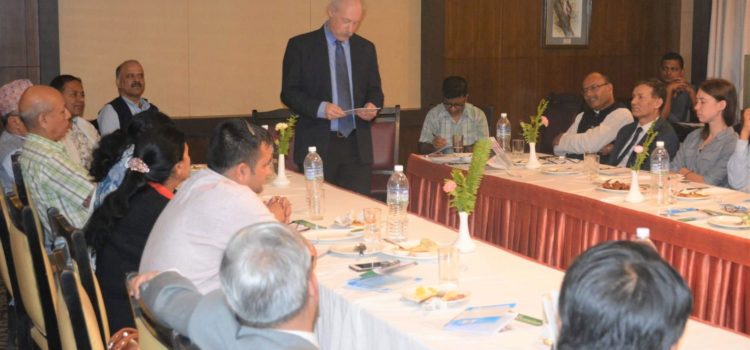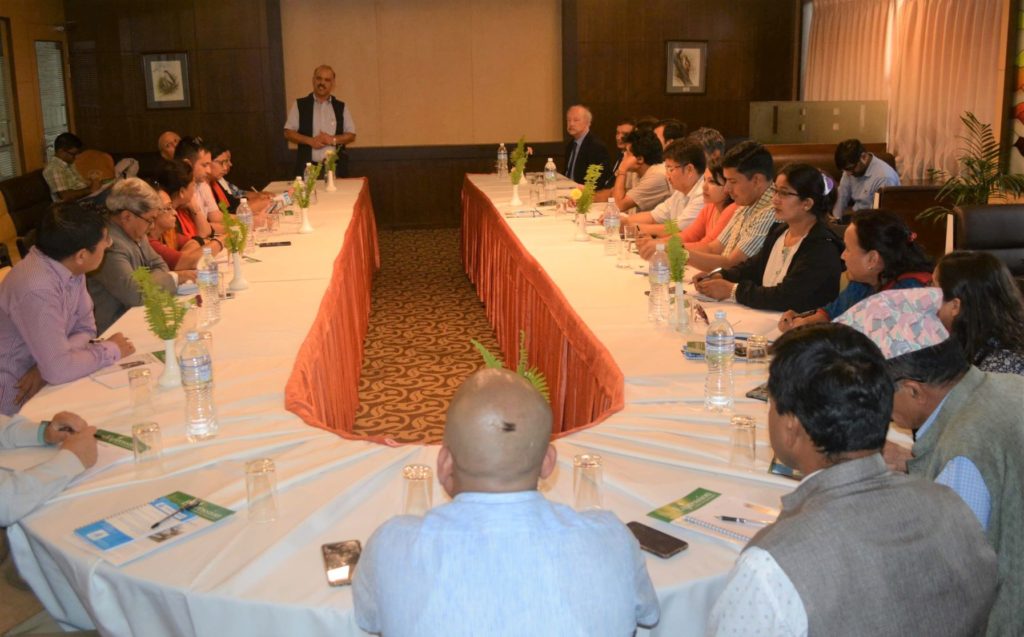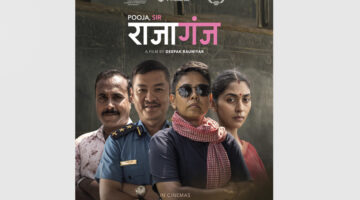Freedom Forum organized a multi-stakeholder discussion in Kathmandu on July 30. The program was organized in the presence of members of the Federal Parliament, members of Province-3 Assembly, university teachers, researchers, media persons, FoE practitioners and rights defenders.
Chief Executive Taranath Dahal updated the participants on contemporary challenges of FoE in Nepal and recent legal hurdles including the provisions on Media Council Bill, IT Bill and Advertisement Bill.
Noted international FoE expert, Toby Mendel, was a keynote speaker of the event. He shared core international standard of FoE referencing the Article 19 of ICCPR and of UDHR. “Seek, receive and impart information should be guaranteed for exercising FoE,” he stressed, adding the FoE is guaranteed regardless of frontiers, any individuals and any medium.
According to him, FoE has however some universally acceptable restriction in international law, which, he argued, must be legitimate. Three-part test is the basic standard of regional restriction, which allows State to impose restriction in this right. Those conditions are also provisioned in Article 19 of the ICCPR. The three-part test is mentioned as:
- The interference/restrictions should be prescribed by law
- The restrictions should be legitimate
- The restriction is necessary in democratic society.
He further viewed the media is seen as an intermediary to assure the FoE and information. In regards to regulations of media, the basic idea is self- regulation but other regulatory mechanism also exists. The regulatory mechanism should be free from government interference.
Media diversity must be addressed in democratic system. For the broadcast media, licensing and registration is required but for online not.
For Nepal’s context, he suggested the regulation of broadcast media be handled by the federal government while print and other media regulations looked after by the province level.
According to him, the drafts of IT Bill, Advertisement Bill and Media Council Bill had various flaws with ambiguous provisions, vague words. He even questioned the regulatory mechanism of the respective bills.
The expert also responded to the questions raised by the participants in the event.
The program, held as part of the program “Civil Society Mutual Accountability Project (CS: MAP)” with the support of FHI360, was attended by 55 participants. Out of 55 participants, there were 17 female and there were total 18 lawmakers from Federal and Provincial Parliaments.





